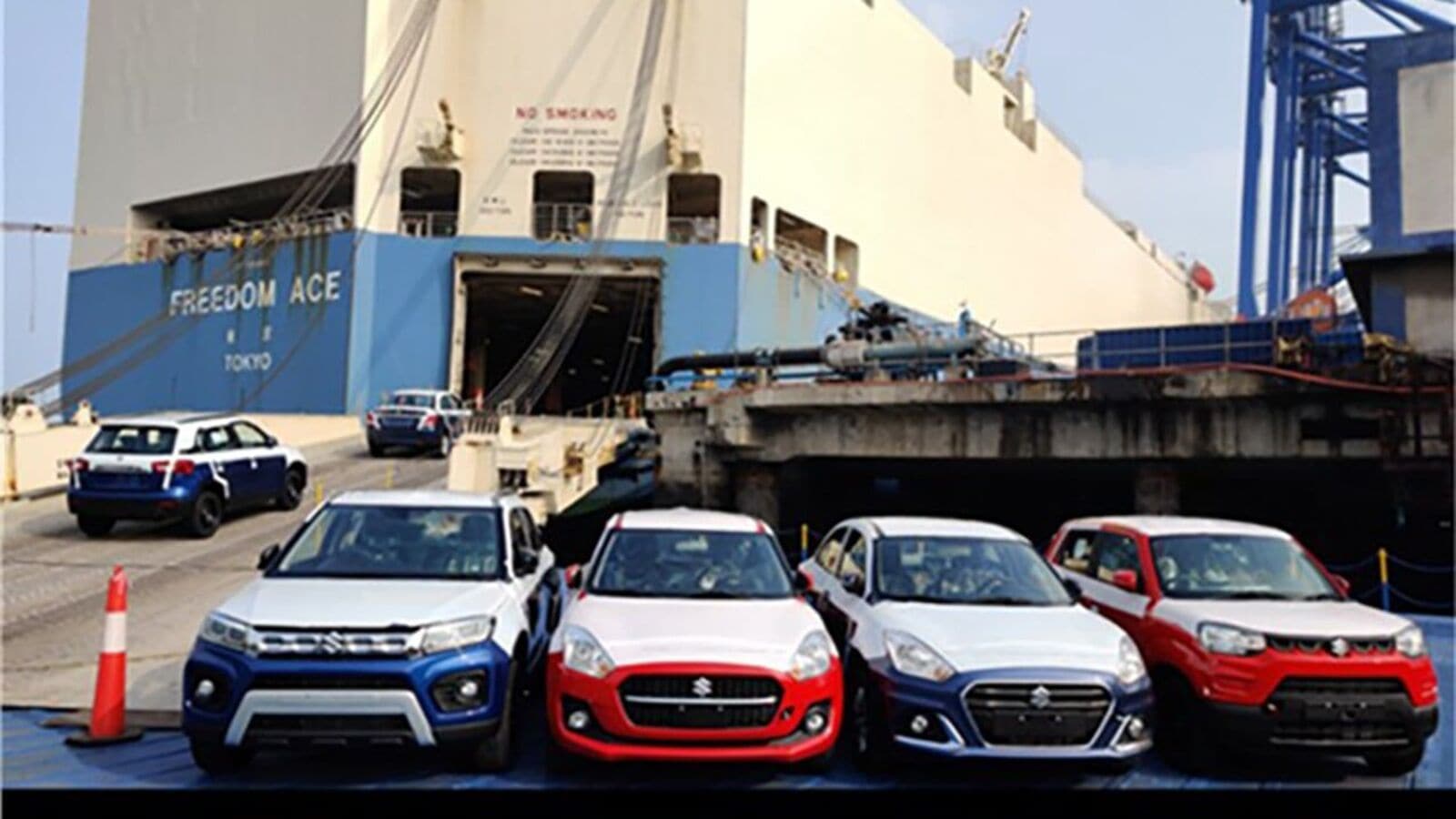Suzuki Motor Corporation will shut down its Thailand plant by end of 2025 and import CBUs from ASEAN, Japan, and India. This shift offers India a uniq
…
Suzuki Motor Corporation (SMC) has announced its plans to shut down its Thailand plant by the end of 2025. While the closure itself is happening overseas, the decision has significant implications for India, a key market for Suzuki.
The Thailand plant closure stems from several factors. Declining sales in the Thai market, coupled with Suzuki’s global push towards carbon neutrality and electrification, played a major role. The plant, which once produced 60,000 units annually, witnessed dwindling domestic sales of 10,807 units in financial year 2023-24 (FY24) and limited exports of just 1,272 units.
Suzuki remains committed to the Thai market. They plan to import Completely Built Units (CBUs) from other production facilities within the ASEAN region, Japan and India. This ensures continued customer service and a steady flow of new vehicles for Thailand.
India steps up: Filling the Thai gap
For India, this presents a unique opportunity. Suzuki’s Thailand plant produced popular models like the Swift, Celerio, and Ciaz. With the plant shutting down, these vehicles could potentially be exported from India to Thailand, filling the production gap. This would not only boost India’s position as a global manufacturing hub for Suzuki but also generate valuable foreign exchange.
Also Read : Passenger vehicle exports from India surge, Maruti Suzuki leads the way
The Thailand plant closure might seem like a setback at first glance. However, a closer look reveals a strategic shift that benefits multiple stakeholders. India emerges as a strong contender to supply vehicles for the Thai market, potentially boosting domestic production. Interestingly, Maruti Suzuki India accounted for 70 per cent of the total passenger vehicle exports from India in FY24.
Additionally, Suzuki’s commitment to electrification aligns with both India and Thailand’s environmental goals. This situation further highlights India’s growing importance within Suzuki’s global operations and presents an exciting opportunity for the Indian entity.
Suzuki’s focus on carbon neutrality aligns perfectly with India’s own push for electric vehicles. The company’s plans to introduce electrified models, including hybrids, in Thailand mirror India’s ambitious electrification goals. This collaborative approach towards a greener future strengthens the India-Thailand relationship within the Suzuki ecosystem.
First Published Date: 11 Jun 2024, 07:00 AM IST

